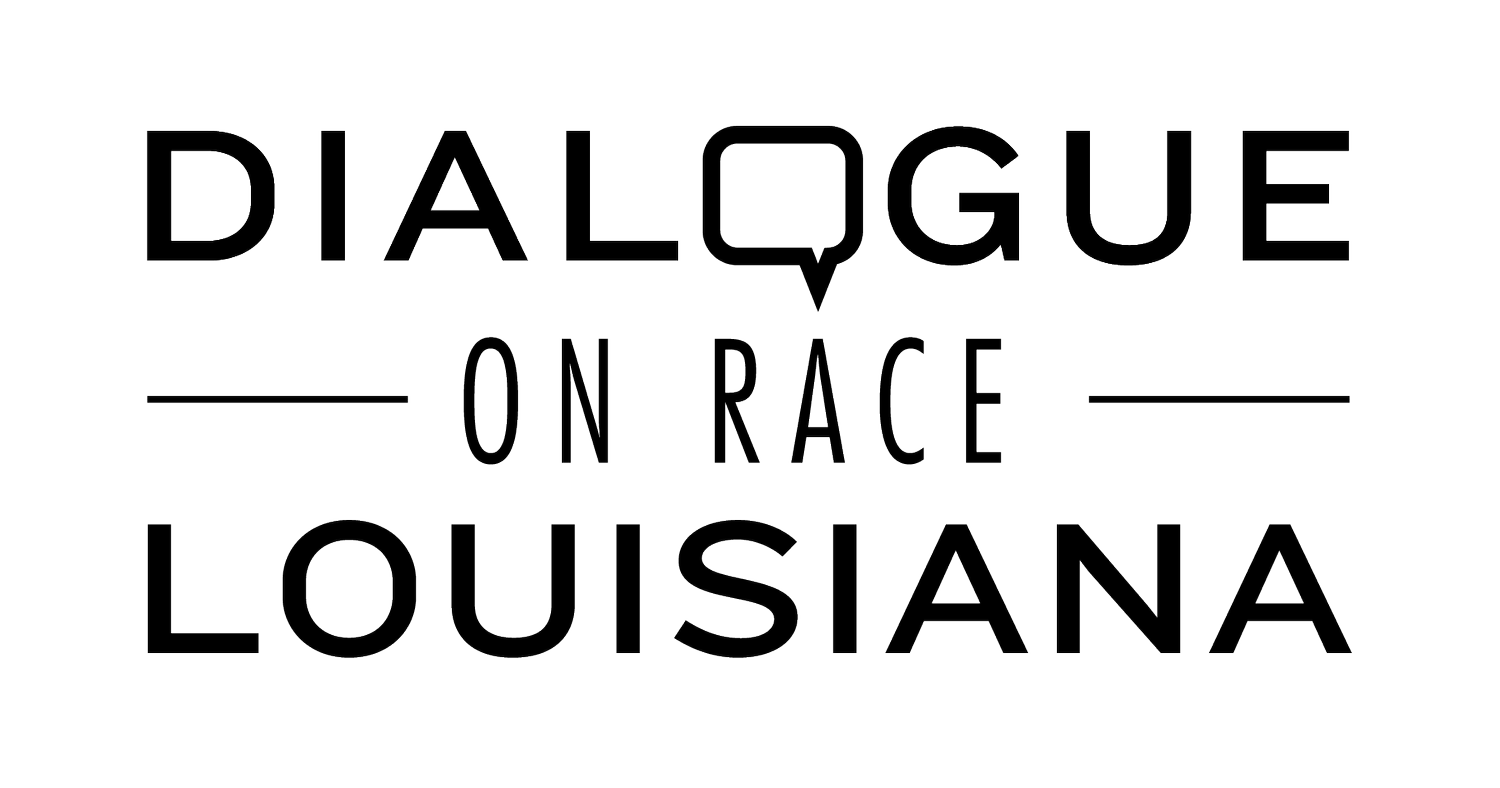Dialogue on Race Louisiana and this election season
Your vote is your voice, your citizen power.
That power was denied to many American citizens under the one hundred years of Jim Crow Laws.
Black American citizens in the Deep South faced continual roadblocks to the ballot before the voting rights law passed. Sixty years later, access to the ballot is still under attack.
In August of this year, Dialogue on Race Louisiana made the decision to create a film to show the impact of the century-long history of those disturbingly unjust laws still has today. The short documentary is entitled Voting Rights: Then and Now and is part of Dialogue on Race Louisiana’s Behind the March programming.
The film shows just two of the many local communities where Black citizens lived under strict Jim Crow laws and how, without the vote, their lives were disturbingly dire, and their future was bleak. Black citizens were willing to risk it all for their citizens’ rights. In the face of strict Jim Crow enforcement, they created brilliant strategies as they faced continually new and different roadblocks at every turn.
The next step was to give people a chance to discuss the film, what got their attention, and what connections they saw to today’s voting rights challenges. During these conversations, the facilitators asked participants to talk about what they appreciated about those in the fight then and what they valued about their efforts. They also asked what they would like to see done to end the current challenges to voting access. The first event was so popular that an Encore was created, which was also well attended. This Dialogue honors those whose effective strategies gained voting access for disenfranchised Black voters despite the roadblocks and offers an opportunity to consider what we can learn from those strategies as we face voting challenges today.
I am happy to say you have one more chance to join in the conversation. Encore II is Wednesday, October 30th, at 5:30 PM CT. It begins with a watch party for those who would like to see the film for the first time or to rewatch it, and then the conversation starts at 6:00 PM and runs for an hour and a half with no breaks. I have every reason to think this event will be as engaging and inspiring as the other two. It will be a great opportunity for open expression in a supportive space with others in the grips of this heightened election energy.
Dialogue on Race Louisiana always wants to support greater understanding of history and meaningful change, and there is no better time than during elections.
